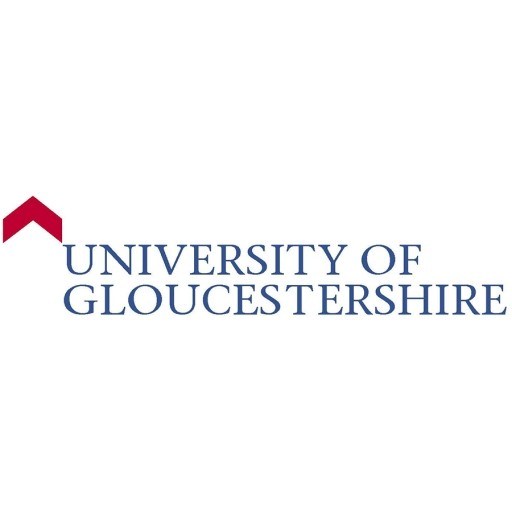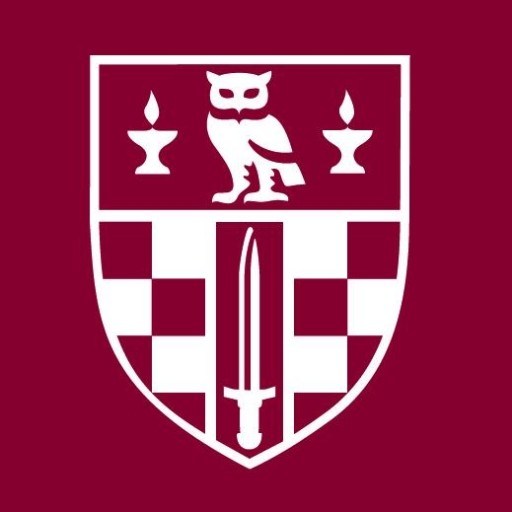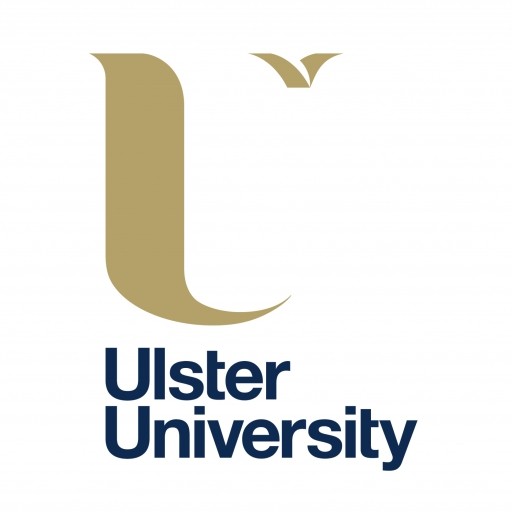Photos of university / #uniofyork
The MSc in Archaeological Information Systems at the University of York offers a comprehensive curriculum designed to equip students with the essential skills and knowledge to manage, analyze, and interpret archaeological data using advanced information technology. This innovative program combines traditional archaeological methods with cutting-edge digital tools, enabling graduates to contribute effectively to cultural heritage management, archaeological research, and digital archaeology projects. Students will explore a range of topics, including Geographic Information Systems (GIS), database development, spatial analysis, digital recording techniques, and 3D modeling, fostering a deep understanding of how digital systems can enhance archaeological investigations and preservation efforts. The programme is ideal for those seeking to develop expertise in digital archaeology, heritage management, and data science within the context of archaeological research. Throughout the course, students will engage in practical sessions, working with real-world archaeological datasets and software, and undertake a research project that applies their learning to a specific archaeological problem or site. The programme is delivered by experienced academics and industry professionals who are leaders in archaeological computing and digital heritage. Graduates will be well-prepared for careers in archaeological consultancy, museum curation, cultural heritage management, and academic research, as well as for further postgraduate study. With a strong focus on both theoretical understanding and practical skills, the MSc in Archaeological Information Systems combines rigorous academic training with hands-on experience, ensuring students leave equipped to make significant contributions to the evolving field of digital archaeology.
The Master of Science (MSc) in Archaeological Information Systems at the University of York offers a comprehensive and interdisciplinary approach to understanding and managing archaeological data through advanced digital technologies. This program is designed to equip students with both theoretical knowledge and practical skills in the development, application, and management of digital systems for archaeology. Participants will explore a broad range of topics including GIS (Geographic Information Systems), database management, digital visualization, spatial analysis, and information technologies specifically tailored to archaeological research and heritage management. The curriculum emphasizes the importance of data standards, interoperability, and sustainable digital practices to ensure that archaeological information is accurately preserved, easily accessible, and effectively utilized for research, cultural heritage management, and public engagement.
Throughout the course, students will engage with cutting-edge tools and software used in archaeological data recording, analysis, and dissemination. They will undertake practical projects involving the creation of digital archives, 3D modeling of archaeological sites and artifacts, and the integration of various data sources into cohesive digital platforms. The program is designed to foster critical thinking about digital approaches, emphasizing best practices and ethical considerations related to digital heritage. Collaboration and teamwork are integral parts of the curriculum, preparing students to work effectively within multidisciplinary teams in academic, commercial, and public sector environments.
The MSc program blends academic study with hands-on experience, including opportunities for real-world applications through collaborations with museums, archaeological units, and heritage organizations. It is suitable for graduates from archaeology, history, geography, information technology, or related fields who wish to expand their expertise in digital archaeology and information systems. Upon completion, graduates will be equipped to pursue careers in archaeological consultancy, cultural heritage management, digital heritage projects, and academic research, or to continue their studies with a research degree. The program aims to produce professionals capable of contributing to the preservation, interpretation, and digital dissemination of archaeological and cultural heritage information in a rapidly evolving technological landscape.
The Archaeological Information Systems program at the University of York requires applicants to possess a strong academic background in archaeology, archaeology-related disciplines, or information systems. Typically, applicants are expected to have completed a relevant undergraduate degree with a good classification, such as a 2:1 or higher, demonstrating proficiency in archaeological methods, information management, or computer science. Relevant work experience in archaeological projects, data management, or digital archaeology can enhance an applicant’s profile but is not always mandatory. English language proficiency is required for international applicants, generally demonstrated through tests such as IELTS or TOEFL, with minimum scores specified by the university standards.
The program is designed to provide students with comprehensive training in the development and application of digital tools and information systems tailored for archaeological research and heritage management. As such, applicants should have a foundational understanding of GIS (Geographic Information Systems), database management, programming languages like Python or SQL, and experience working with digital archaeological data would be advantageous. Candidates should also demonstrate critical thinking skills and the ability to analyze complex datasets related to archaeological contexts.
Applicants are advised to include a personal statement outlining their interest in archaeological information systems, relevant skills, and career aspirations. Additionally, references from academic or professional contacts who can attest to the applicant's suitability for the program are required. The selection process emphasizes academic achievement, relevant experience, motivation, and potential to contribute to the field of archaeological information systems. The program may have specific requirements for certain modules or prerequisites, such as introductory courses in archaeology or information technology. Overall, prospective students should aim to illustrate a combination of archaeological knowledge and digital skills to succeed in this interdisciplinary program.
The University of York offers a range of financial support options for students enrolled in the Archaeological Information Systems program. Prospective and current students can access various scholarships, bursaries, and funding schemes designed to assist with tuition fees and living costs. The university's scholarships are often merit-based, awarded to students with outstanding academic achievements or potential. Additionally, there are need-based bursaries available for students demonstrating financial hardship. Students may also explore external funding sources, including government loans, national scholarship schemes, and private funding opportunities. The University of York encourages applications for funding early in the admission process, as some awards have limited availability and competitive criteria. For international students, the university provides specific scholarships aimed at supporting international tuition fees and integration costs. The university’s Financial Support Office offers guidance on eligibility, application procedures, and deadlines for various funding options. Students are advised to review the detailed information on the university’s official website and contact the finance office directly for personalized assistance. Furthermore, the university often participates in national schemes such as the UK's Undergraduate and Postgraduate funding programs, including the Student Loans Company, which facilitates access to loans for both domestic and international students in certain contexts. Internship and part-time employment opportunities available on campus can also provide additional income streams to support students during their studies. Overall, the University of York is committed to making higher education accessible and affordable by providing a comprehensive suite of financial aid options tailored to diverse student needs, including those enrolled in Archaeological Information Systems.
The Archaeological Information Systems program at the University of York offers students a comprehensive education in the application of information technology to the field of archaeology. This interdisciplinary course combines traditional archaeological methods with advanced digital techniques, data management, GIS (Geographic Information Systems), and database development to enhance archaeological research, preservation, and dissemination of findings. The program is designed to equip students with both theoretical knowledge and practical skills, enabling them to work effectively in archaeological projects, museums, cultural heritage management, and academic research. Students will learn how to manage and analyze large archaeological datasets, develop digital archives, and utilize spatial analysis tools to interpret archaeological sites and artifacts. The curriculum typically includes modules on digital archaeology, spatial analysis, data visualization, 3D modeling, and information systems development. Practical experience is often emphasized through hands-on projects, fieldwork, and collaborations with heritage organizations. The program aims to prepare graduates for careers in archaeological consultancy, heritage management, digital mapping, and GIS specialist roles. As part of the broader Faculty of Arts and Humanities at the University of York, students benefit from a multidisciplinary approach supported by experienced faculty members who are experts in archaeology, computer science, and information systems. The course may also include opportunities for research, conferences, and internships to broaden professional networks and practical understanding. Overall, the Archaeological Information Systems program is ideal for students interested in the intersection of archaeology and information technology, providing them with essential skills to innovate within the cultural heritage sector.







